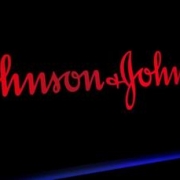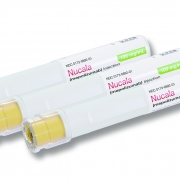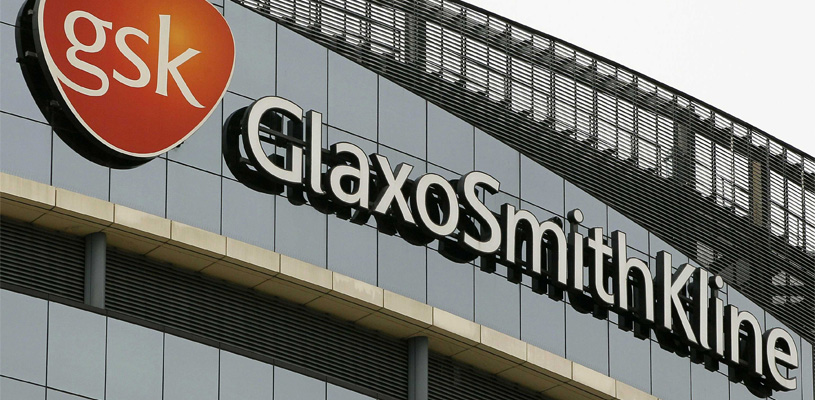The U.S. health regulator approved a therapy developed by Johnson & Johnson and the healthcare company’s China-focused partner Legend Biotech Corp. to treat a type of white blood cell cancer.
A multinational team of researchers genetically engineered T-lymphocytes to produce dual receptor rejuvenated T-cells, which exhibit antitumor properties with persistent, unlimited availability in vivo.
AstraZeneca and Amgen’s experimental drug tezepelumab reduced asthma attacks in patients with severe and uncontrolled forms of the respiratory condition in a large study, showing promise for wider use against different triggers.
The U.S. Food and Drug Administration approved Nucala (mepolizumab) for adults and children aged 12 years and older with hypereosinophilic syndrome (HES) for six months or longer without another identifiable non-blood related cause of the disease.
The U.S. Food and Drug Administration approved GlaxoSmithKline plc’s Nucala (mepolizumab) for the treatment of adult and pediatric patients aged 12 years and older with Hypereosinophilic Syndrome (HES) for ≥ six months without an identifiable non-hematologic secondary cause.
A late-stage trial failed to show that BeiGene Ltd.’s cancer treatment Brukinsa was superior to Imbruvica, a rival drug from Johnson & Johnson and AbbVie Inc., for treating WM.
ChemoCentryx and VFMCRP announced that the companies’ pivotal Phase III ADVOCATE clinical trial of avacopan for ANCA-associated vasculitis hit the study’s primary endpoints.
Novartis won FDA approval for a long-delayed version of Amgen’s $4 billion seller Neulasta drug, helping the Swiss drugmaker in an uphill battle to sell copies of rivals’ blockbusters in the U.S.
Eli Lilly and Co.’s experimental pancreatic cancer treatment in combination with chemotherapy drugs failed to meet the main goal of overall survival in a late-stage study.
Researchers may have found a solution to treating a bone marrow cancer proven to be resistant to several standard therapies.





